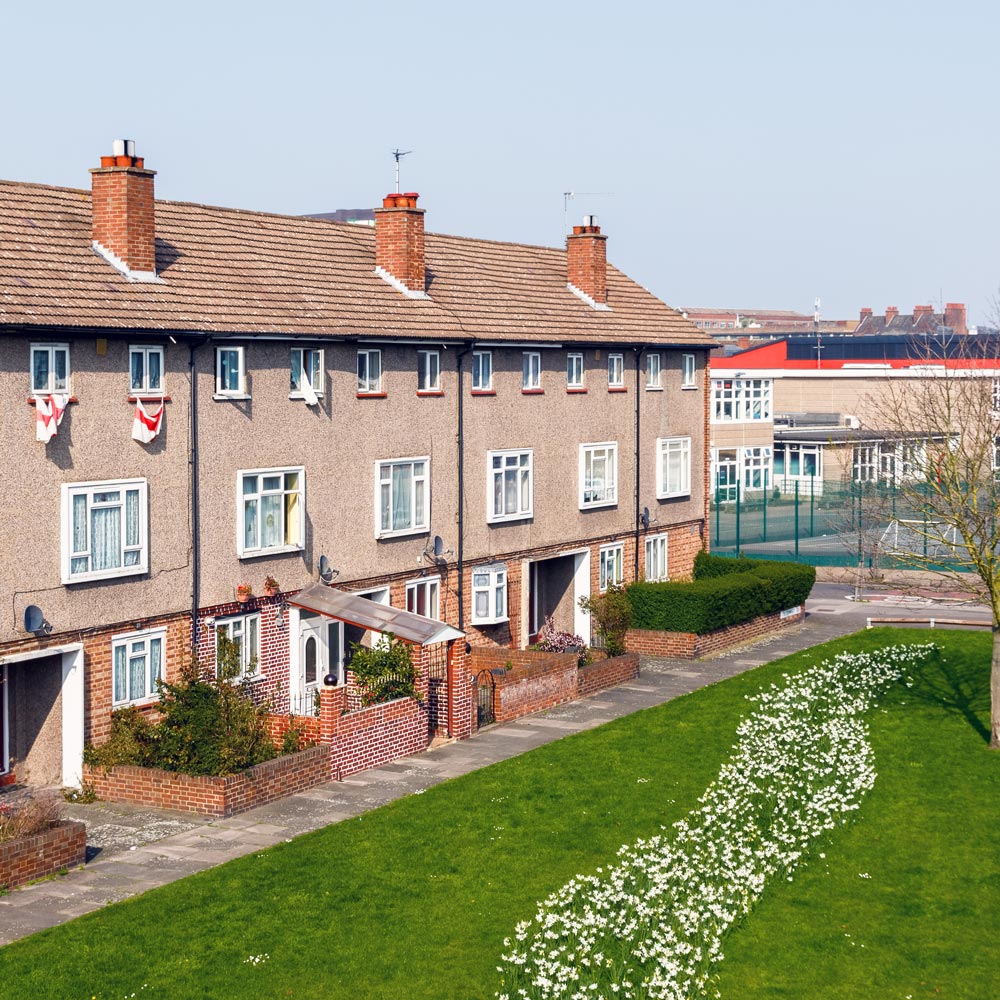
Our client sought assistance with her homeless application following her placement into interim accommodation after fleeing domestic abuse. She is asthmatic and has a diagnosed a dust mite allergy. The carpet in the temporary accommodation was having a detrimental impact on these health conditions.
The council accepted that that they owed her the main housing duty. The council then issued a decision that her temporary accommodation was considered suitable as suitable long-term temporary accommodation. We asked for reasonable adjustments to be made, and suggested they replace the carpet with laminate or lino flooring. The council stated that they would not ask the landlord to replace the flooring, and that our client should look to purchase a high-filtration vacuum to clean the property.
We also requested a s202 review of this decision, and made representations in support of the argument that simply purchasing a high filtration vacuum was not reasonable or practicable. Consideration was also given to bringing a claim for disability discrimination under the Equality Act 2010.
Our argument centred on the fact that due to our client’s physical disability, she would not be able to repeatedly operate a vacuum. On top of that, we considered cost to our client of purchasing and running a high-filtration vacuum. Given the grade of the vacuum necessary, and the soaring increase in energy costs, we established this option was not affordable for our client.
We also considered the Housing Health and Safety Rating System Operational Guidance, in relation to the dust in accommodation. This is guidance that should be considered by landlords when assessing suitability and hazards in residential buildings. The guidance states that Deaths from all forms of asthma in the UK are around 1,500 a year, of which around 60% has been attributed to dust mite allergy. We felt it was important to include this statistic in our representations, to highlight the severity of the impact of the dust mites on our client. We also used the guidance to highlight the mental impact of the property on our client.
The Council’s reviews officer accepted our submissions and agreed that the property was not suitable for our client and proposed that they would either have the landlord agree to the council replacing carpeting with floor coverings that would not exacerbate our client’s health conditions or move her to alternative accommodation within 2 months.
The client was assisted by paralegal Thea Grattidge under supervision of solicitor Claire Wiles.